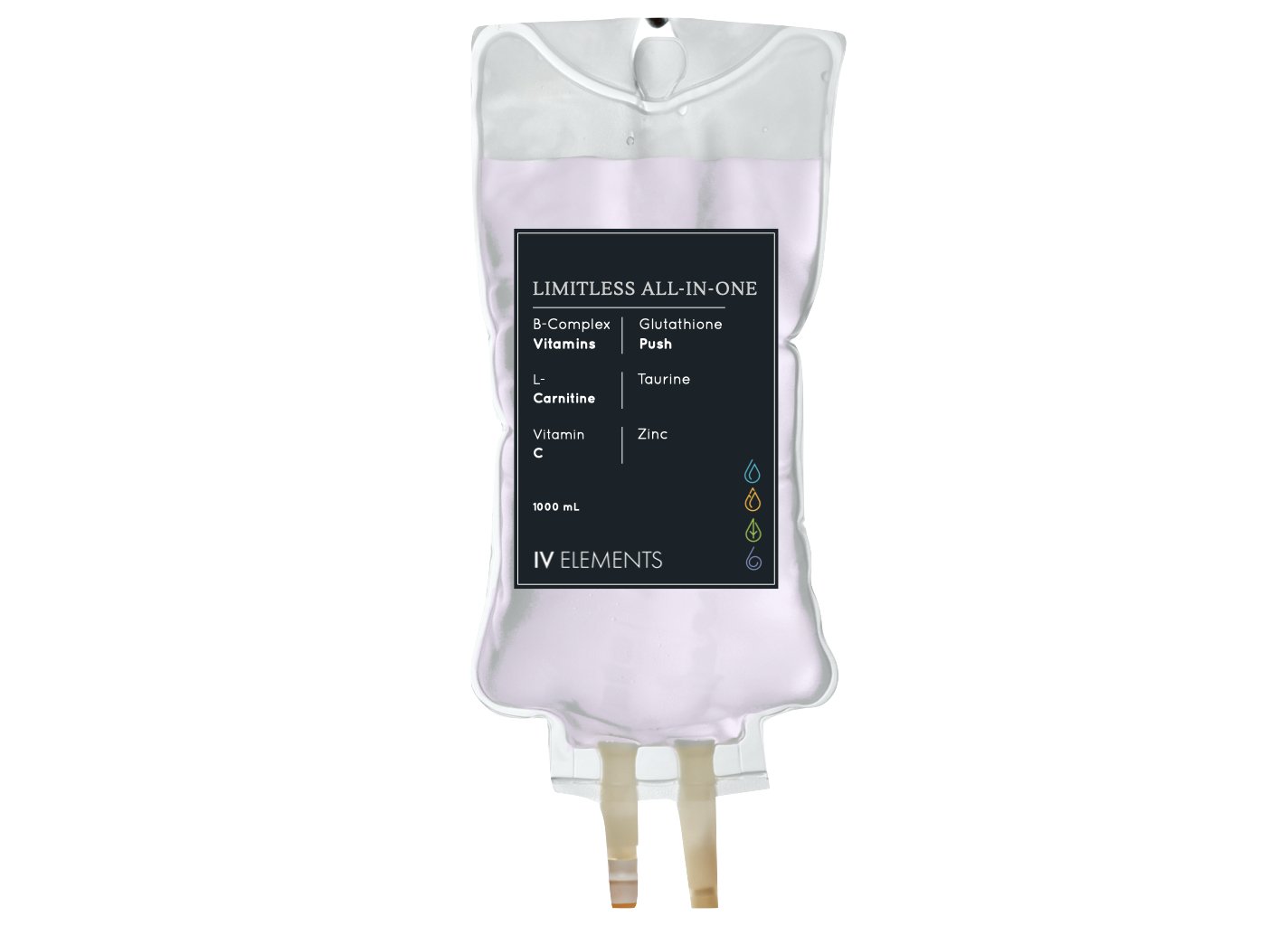RECOMMENDED TREATMENTS.
THE SCIENCE.
The exact cause of mental disorders is still unclear, however researchers believe that genetics as well as environmental and social factors, such as stress or trauma, play a role. The most common evidence used to support the chemical imbalance theory is the effectiveness of antidepressant medications. These medications work by increasing the amounts of serotonin and other neurotransmitters in the brain.
A chemical imbalance in the brain is said to occur when there’s either too much or too little of certain chemicals, called neurotransmitters, in the brain. Neurotransmitters are natural chemicals that help facilitate communication between your nerve cells.
Certain areas of the brain help regulate mood. Researchers believe that — more important than levels of specific brain chemicals — nerve cell connections, nerve cell growth, and the functioning of nerve circuits have a major impact on depression. Still, their understanding of the neurological underpinnings of mood is incomplete.
AREAS OF THE BRAIN AFFECTED BY DEPRESSION.
‣ AMYGDALA: The amygdala is part of the limbic system that's associated with emotions such as anger, pleasure, sorrow, fear, and sexual arousal. The amygdala is activated when a person recalls emotionally charged memories, such as a frightening situation and higher when a person is sad or clinically depressed. Increased activity continues even after recovery from depression.
‣ THALAMUS: Receives most sensory information and relays it to the appropriate part of the cerebral cortex, which directs high-level functions such as speech, behavioral reactions, movement, thinking, and learning. Some research suggests that bipolar disorder may result from problems in the thalamus, which helps link sensory input to pleasant and unpleasant feelings.
‣ HIPPOCAMPUS: The hippocampus is part of the limbic system and has a central role in processing long-term memory and recollection. Interplay between the hippocampus and the amygdala might account for the adage "once bitten, twice shy." It is this part of the brain that registers fear when you are confronted by a barking, aggressive dog, and the memory of such an experience may make you wary of dogs you come across later in life. The hippocampus is smaller in some depressed people, and research suggests that ongoing exposure to stress hormone impairs the growth of nerve cells in this part of the brain.
UNDERSTANDING ANXIETY.
Anxiety is a normal human emotion and affect about 40 million adult Americans. They can cause such distress that it interferes with a person's ability to lead a normal life. They are the most common mental illnesses in the U.S. Most anxiety disorders begin in childhood, adolescence and early adulthood. They occur more often in women than in men.
Approximately 8% of children and teenagers experience an anxiety disorder with most people developing symptoms before age 21 and only about 1/3 of those suffering from an anxiety disorder receive treatment, even though the disorders are highly treatable. According to the World Health Organization (WHO), 1 in 13 globally suffers from anxiety. The WHO reports that anxiety disorders are the most common mental disorders worldwide with specific phobia, major depressive disorder and social phobia being the most common anxiety disorders.
Researchers are learning that anxiety disorders run in families, and that they have a biological basis, much like allergies or diabetes and other disorders. Anxiety disorders may develop from a complex set of risk factors, including genetics, brain chemistry, personality, and life events.
MOOD + ANXIETY DISORDER THERAPY.
BR+ NAD THERAPY: During the intravenous treatment, NAD+ molecules work to quickly fix cells throughout the body and neurons in the brain. This boost in cell function can cause a drastic improvement in depression, anxiety, and other mood disorders.
VITAMINS.
‣ B-Complex: Helps ease anxiety
‣ Calcium: Helps nourish the nervous system and prevent anxiety, panic attacks, and restlessness or irritability
‣ Magnesium: Known for its calming on the nervous system, helps nourish nervous system, prevent anxiety, avert panic attacks and irritability and relax tight / overworked muscles
‣ Vitamin B1: Important for balancing blood sugar levels, a significant factor in anxiety levels
‣ Vitamin B3: Crucial role in the synthesis of serotonin and helps with anxiety
‣ Vitamin B5: Supports adrenal glands, which reduces stress and anxiety levels
‣ Vitamin B6: Together with Magnesium, balances out anxiety that occurs in conjunction with PMS
‣ Vitamin B9: Important for balancing out depressive moods
‣ Vitamin D: Helps with anxiety, depression, and Seasonal Affective Disorder (SAD)
REFERENCES
The Mayo Clinic Staff. Mental Illness. Mayo Foundation for Medical Education and Research.
Harvard Health Publishing Staff. (2019, June 24). What causes depression. Harvard Health Publishing.
Cleveland Clinic Staff. Anxiety Disorders. Cleveland Clinic.
ADAA Staff. Understanding the facts of anxiety disorders and depression is the first step. Anxiety and Depression Association of America.



